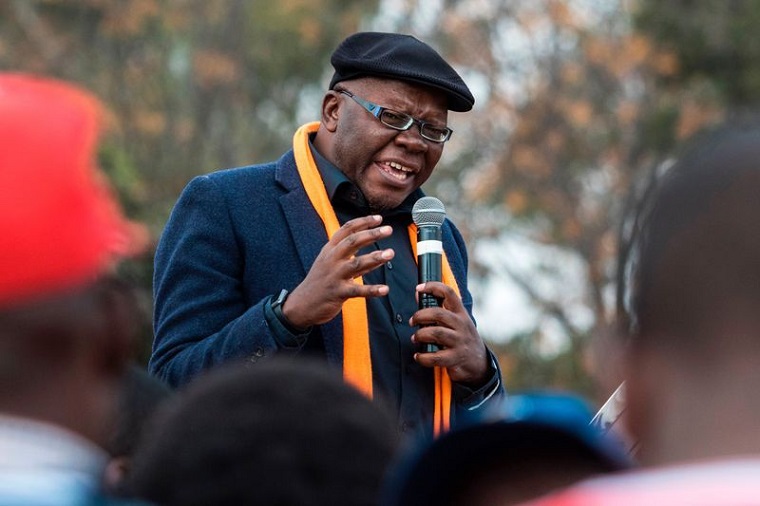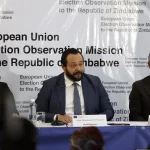Carl von Clausewitz said that “war is politics by other means”. But ZANU-PF has pursued politics and economics as war by other means. For ZANU-PF, the cost of crazy economic policies or widespread political repression does not matter so long as it maintains its power and privilege. The currency is simply a method to print money, roundtrip and enrich, not a tool of investment or social stability.
Zimbabwe’s liberation economy is the very antithesis of a model of national development and empowerment that Zimbabweans, and other southern Africans, crave. It is a parody of liberation. Zimbabweans are today less free and have fewer opportunities than at independence.
Liberation has brought endless misery to the majority and vast riches to a tiny minority.
The challenge facing the Zimbabwe opposition and indeed Zimbabwean citizens is how to confront a belligerent liberation movement bereft of ideas and lacking the skills and legitimacy to turn the economy around.
It is clear that SADC will not act on the report of its Election Observer Mission.
It is also clear that President Cyril Ramaphosa lacks the same appetite that President Thabo Mbeki had to address the Zimbabwean crisis, which resulted in the creation of a Government of National Unity in 2009.
Zimbabwean citizens must therefore accept that SADC can’t outsource or delegate its duty and obligation to confront an authoritarian regime.
In his inauguration speech, Mnangagwa said, “Zimbabwe is surely on the rise. Our national development philosophy, ‘a country is built by its own people’, shall continue to be the beacon of our pro-people policies anchored on pan-African values and norms.
“This philosophy sums up our sovereignty as well as the collective duty and obligation we have to develop the country and the African continent,” he said.
But for the region, the question is also simple: Why support the ZANU-PF regime in Zimbabwe? Is it not dragging down the perception of the region as an investment destination?
It makes a mockery of any call for closer regional integration, as ZANU-PF’s brand of economic warfare demands instead insulation of its worst effects.
The only answer can be that the liberation movements either admire Zimbabwe’s revolutionary rhetoric or that they fear the rise of liberal opposition. That should make all those who believe in democracy as a tool of governance and of change double down on their efforts.
ZANU-PF’s record is a case study on how to ruin a country.
The fundamental problem is thus: Unless ZANU-PF — like any other government in the region — can recognise and admit the error of its ways, and acts on this knowledge, its continued rule only promises much the same, no matter what its propagandists say, at home and abroad. Daily Maverick
By Tendai Biti, Ray Hartley and Greg Mills. Hartely and Mills are from the Brenthurst Foundation
(549 VIEWS)


